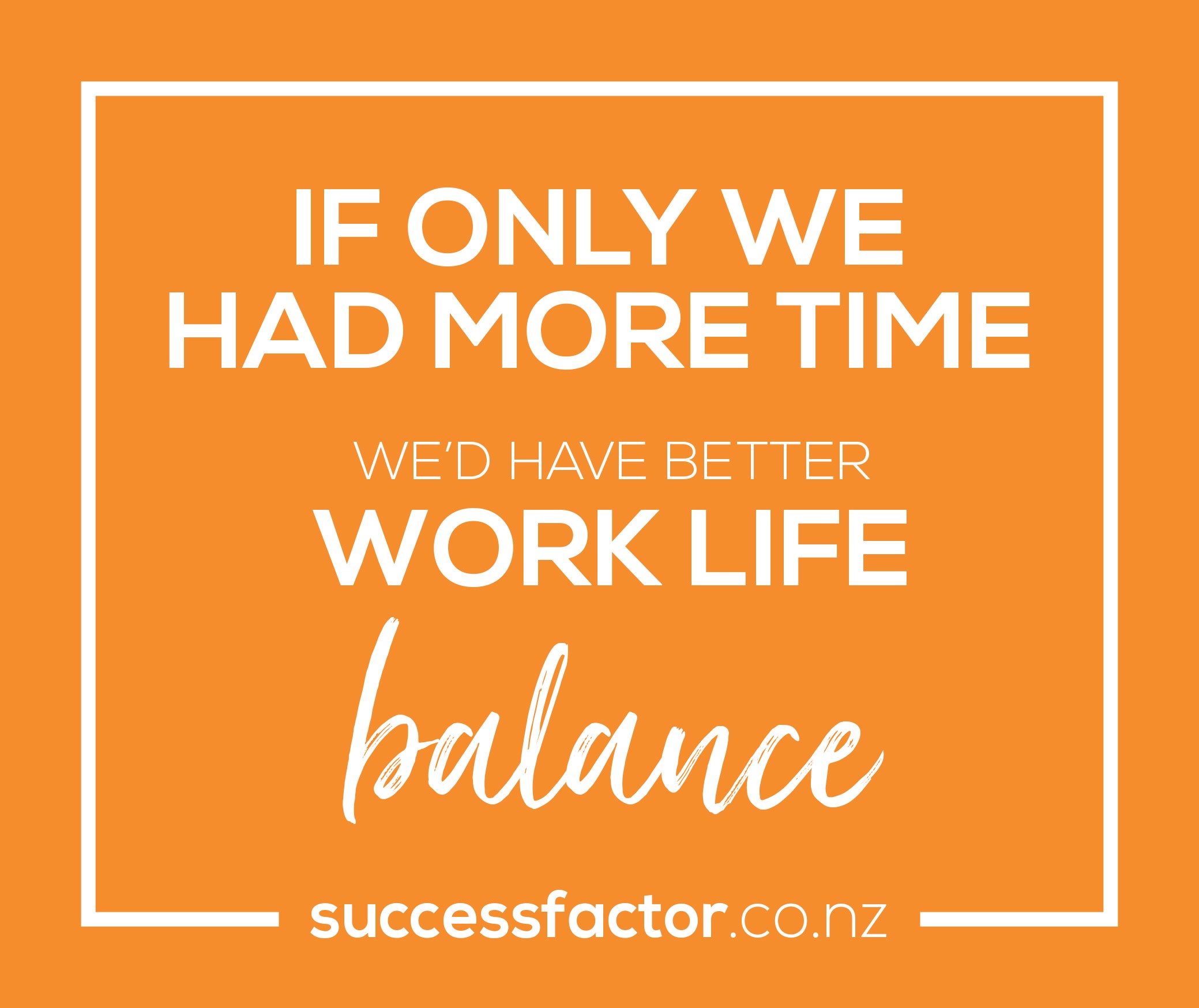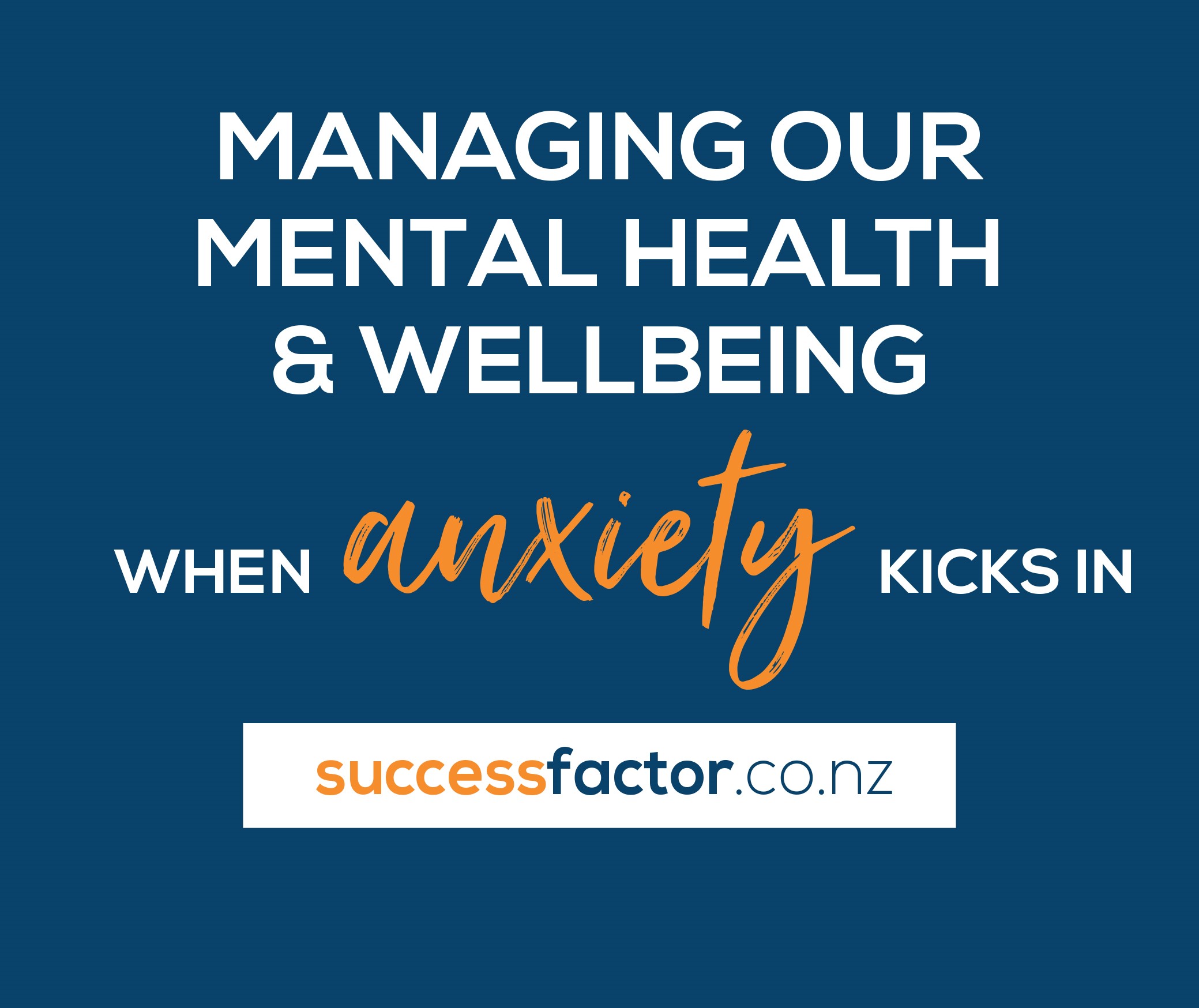How to Be and Stay Motivated

Wouldn’t it just be fantastic if we had a wee button we could switch on to motivate us and another to keep us motivated? However, unfortunately there is no such magic button and no secret formula. It’s not as though it is something we can buy or acquire, however it is something we can create, manage, integrate and improve on; it just takes some steps and clear direction to help us on our way. Motivation is the driving force behind achieving goals and overcoming challenges. To be and sustain motivation, we need to consider what we can do for ourselves and how we can help ourselves. Consider these four key tips below to help you on your way: Set Clear Goals: Define your objectives with clarity and specificity. Break down larger goals into smaller, achievable tasks. This not only makes the journey more manageable but also provides a sense of



